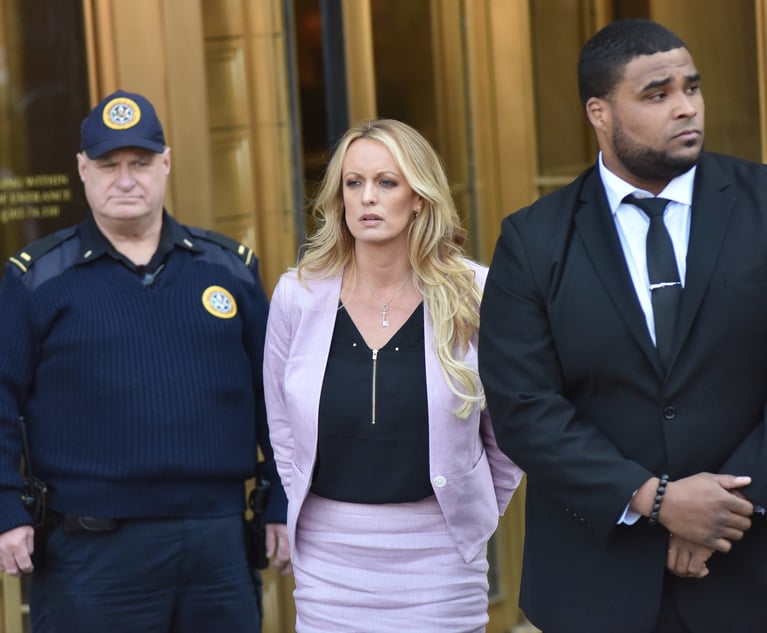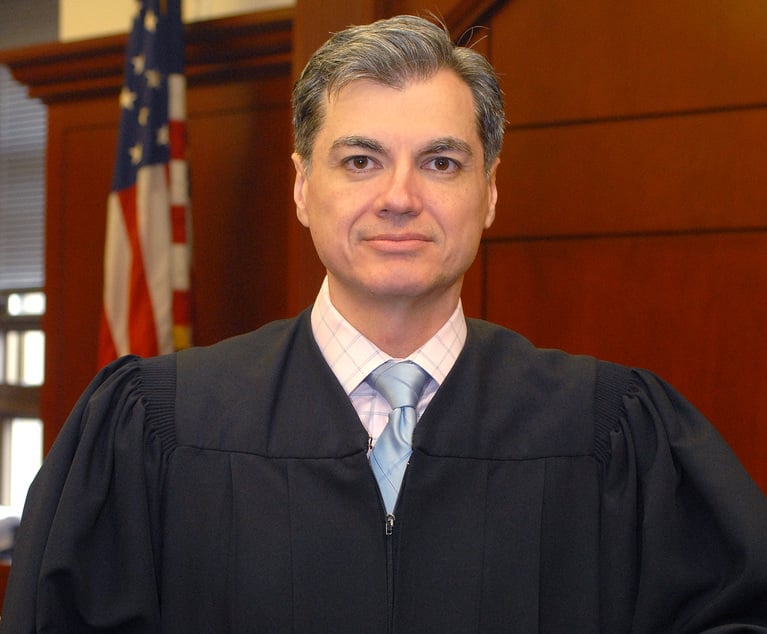Will Rogers is famously quoted as saying: “The income tax has made liars out of more Americans than golf.” That perception, whether or not accurate, is what may drive aggressive litigation counsel to salivate over the prospect of discovery of an adversary’s tax returns. Not only might they provide relevant information, but they could be a source of embarrassment and, more importantly, leverage.
While New York courts generally favor broad discovery, they are reluctant to permit the discovery of tax returns due to their confidential and private nature. Instead, New York courts apply a strict two-prong test, requiring a strong demonstration of the need for the tax returns as well as a showing that the information cannot be obtained through other means. In applying this test, the Commercial Division engages in a fact-intensive inquiry and closely scrutinizes the stated reasons why compelling disclosure is warranted. A recent Commercial Division decision confirms that the production of tax returns will be ordered only in rare circumstances.


 Thomas J. Hall and Judith A. Archer
Thomas J. Hall and Judith A. Archer




